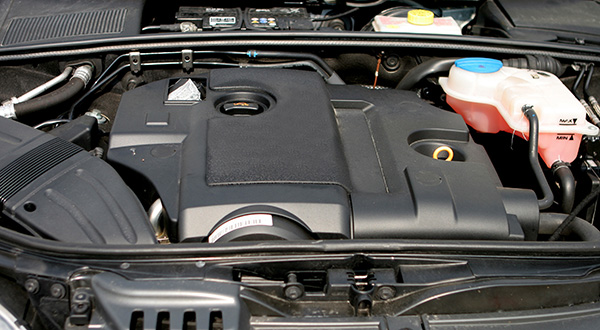
The term “tune-up” has been around for decades, but as modern vehicles have evolved, so has the meaning behind it. Many drivers still associate a tune-up with replacing spark plugs or adjusting the carburetor, but today’s vehicles are equipped with advanced computer systems and components that don’t require frequent adjustments. So, does your car still need a tune-up, and what does that mean in today’s world?
Although the definition has evolved, the importance of routine maintenance remains unchanged. A modern tune-up is all about keeping your engine running smoothly, efficiently, and reliably through a careful inspection and servicing of key systems.
What a Traditional Tune-Up Used to Include
In older vehicles, tune-ups were scheduled regularly and involved adjusting the ignition timing, replacing spark plugs and points, and tweaking the carburetor for optimal performance. These vehicles needed hands-on adjustments more often because they lacked the computer-controlled systems we rely on today.
But cars built in the last 20 years have electronic fuel injection, engine control modules, and long-life components that rarely require manual adjustment. Still, they aren’t maintenance-free.
What a Tune-Up Means for Modern Vehicles
In a modern context, a tune-up refers to inspecting and servicing the parts that most directly affect engine performance and fuel efficiency. This can include:
- Replacing spark plugs at the recommended interval.
- Inspecting ignition coils and wires.
- Cleaning or replacing the air filter.
- Checking and cleaning the fuel injectors.
- Inspecting belts, hoses, and fluid levels.
- Testing battery condition and charging system.
Rather than being a one-size-fits-all package, today’s tune-ups are tailored to your vehicle’s age, mileage, and service history. Some manufacturers refer to this as “scheduled maintenance,” and the exact services vary depending on your make and model.
Signs Your Car Might Need a Tune-Up
Even with today’s improved technology, vehicles still show signs when something isn’t working as it should. You may not need a tune-up every 12,000 miles like in the past, but if you notice any of the following symptoms, it’s time for an inspection:
- Sluggish acceleration or reduced engine power.
- Difficulty starting the car, especially in the morning.
- Decreased fuel economy.
- Rough idling or engine vibrations.
- A check engine light that won’t go away.
These signs often indicate that components, such as spark plugs or sensors, are not functioning optimally. Ignoring them can lead to more serious problems and higher repair costs down the road.
Why Routine Maintenance Still Matters
Even though many engine components last longer than they used to, nothing lasts forever. Oil breaks down, filters become clogged, and electrical components degrade over time due to age and use.
Routine maintenance, including tune-up services, helps you avoid costly repairs by catching issues early. It also ensures that your engine runs efficiently, which saves you money at the pump and reduces wear and tear.
Skipping these services can lead to poor performance, increased emissions, and damage to components such as catalytic converters or oxygen sensors.
How Often Should You Get a Tune-Up
There’s no universal schedule anymore, but most vehicles benefit from a comprehensive checkup every 30,000 to 60,000 miles. Some spark plugs can last up to 100,000 miles, while others require replacement much sooner.
Refer to your vehicle’s owner’s manual or consult your trusted auto repair shop to create a service schedule that matches your driving habits and conditions. If you frequently drive in extreme temperatures, heavy traffic, or dusty conditions, you may require more frequent service.
Benefits of Keeping Your Engine Tuned
A properly maintained engine offers several noticeable benefits. You’ll enjoy smoother starts, more consistent power, better fuel efficiency, and fewer unexpected breakdowns. A well-tuned engine also runs cleaner, which helps the environment and may even improve your emissions test results.
Perhaps most importantly, it gives you peace of mind knowing that your car is operating safely and reliably, primarily on longer trips or in unpredictable weather.
Get Expert Tune-Up Service at KLM Auto Center in Marietta, GA
At KLM Auto Center in Marietta, GA, we offer modern tune-up services tailored to your vehicle’s specific needs. Our experienced technicians use the latest diagnostic tools to assess your engine’s health and ensure every component is performing its best.
Whether you’re experiencing performance issues or just want to stay ahead of your maintenance schedule, we’re here to help. Schedule a tune-up with KLM Auto Center today and keep your car running like it should for miles to come.